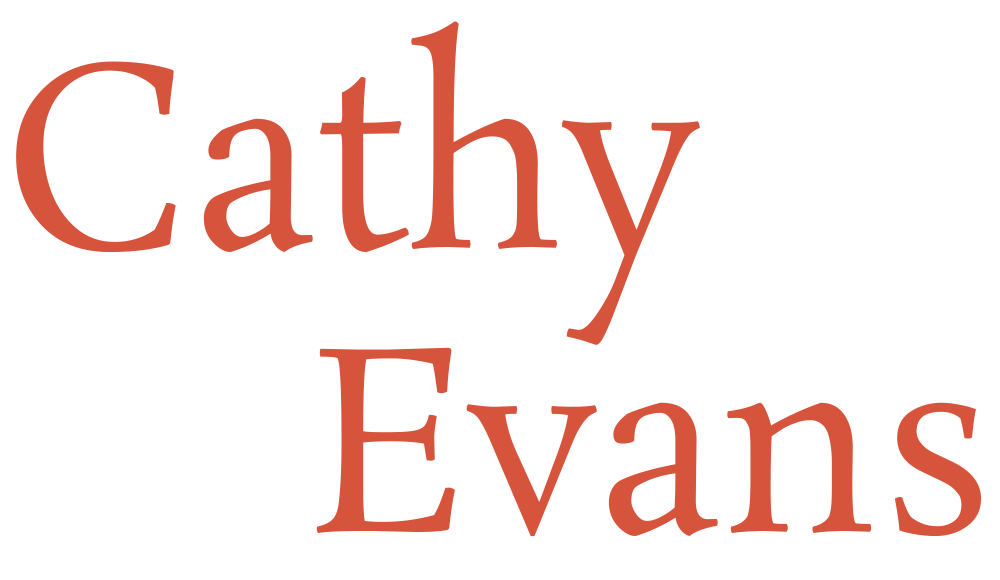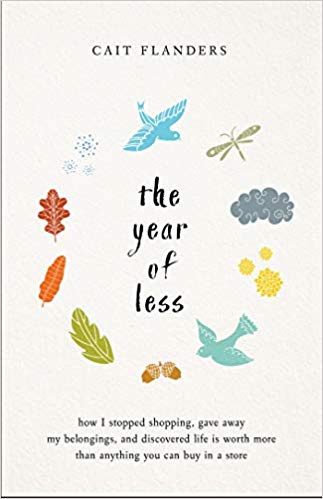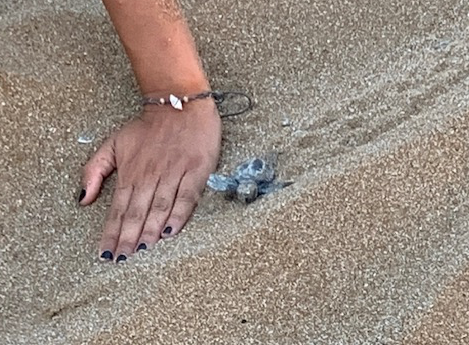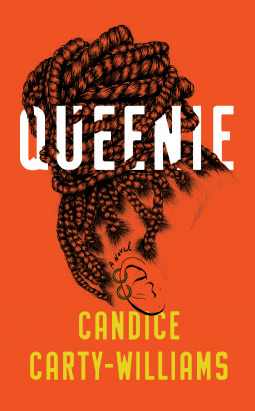A deeply honest and personal account by an addictive personality who decides to pull her socks up, it’s oddly inspirational, even though I was already well aware of the central message that she successfully (and repeatedly!) hammers home: that we are all guilty of ‘buying stuff we don’t need with money we don’t have to impress people we don’t like.’ (The quote is either from the movie Fight Club or Dave Ramsey – I’m not sure who said it first) and we are all more than capable of simply deciding to stop.
The author imposed a year-long shopping ban on herself, buying only groceries, kitchen and bathroom items, presents for others, things that she really needed and items that needed to be replaced. She cut out everything else; clothes, shoes, jewellery, books, magazines, fancy stationery, electronics, take-away coffee; effectively anything that was unnecessary to civilised survival, and held herself accountable on her blog.
She also began to declutter her apartment, ditching mountains of clothes, shoes, kitchen stuff, toiletries she’d never use and books that she knew she would never read. This struck a nerve with me: I can’t tell you how many books I have that I feel that my clever self should read but my slobby self never will (unless I have to write a literature exam or the telly packs up).
The author has form for digging deep for will power in order to change the course of her life: prior to the shopping ban, she had quite a drug and alcohol habit, and she managed to quit both, but found her solace in pizza, chocolate, ice cream and shopping. She discovers the hard way that it’s only possible to discard a habit by replacing it with another, but she learns that you can ditch bad habits with good ones.
Making virtuous health and consumer choices and decluttering your life often has an unforeseen side-effect: you also have to trim your address book, as there are always a sizeable number of ‘friends’ willing to derail your resolutions. ‘You were so fun when you drank.’ ‘I wish you’d have a drink with us tonight, but no pressure,’ being introduced at parties as ‘the sober one.’
She hits similar resistance with her shopping ban. Like the mate who persuades you to skip the gym in favour of the pub, her friends begin to justify why she should buy things for herself: You “deserve” it. “You work so hard!” “You only live once!” As she says of YOLO: ‘I’d watched too many friends swipe their credit cards and go deep into debt on that rationale.’
I did wonder how Cait would have managed with her shopping embargo and decluttering mission if she wasn’t single and childless: I find myself dreaming of bare surfaces with nary a dust-collecting knickknack and cupboards empty of all but the most chic of capsule wardrobes, but I’m the sole Spartan in a family of hoarders (and I ask you: What would I do on my fat days??) Getting rid of my stuff only serves to provide them with more space to expand their own ever-growing mountains of tat. My daughter could find something to buy in a Soviet-era supermarket – a kind of talent, I suppose.
The author also documents her decision to quit her job to work full time as a freelance writer. Overall, I found myself rooting for Cait, hoping she finds independence, happiness and freedom while ditching all those frenemies who feel threatened by her good choices.
She is now selling ‘Mindful Budgeting Planners’ on her website (www.caitflanders.com) at $40 a throw: I truly don’t believe this decision is rooted in hypocrisy, as she comes across as a decent soul who really does tell her tale in order to help others, but I had to smile at the incongruity.
My criticisms? The self-help part of this book could have been compressed into a decent article. The text needed more professional editing, and it’s peppered with repetitions. Nonetheless, an entertaining and inspirational read.



